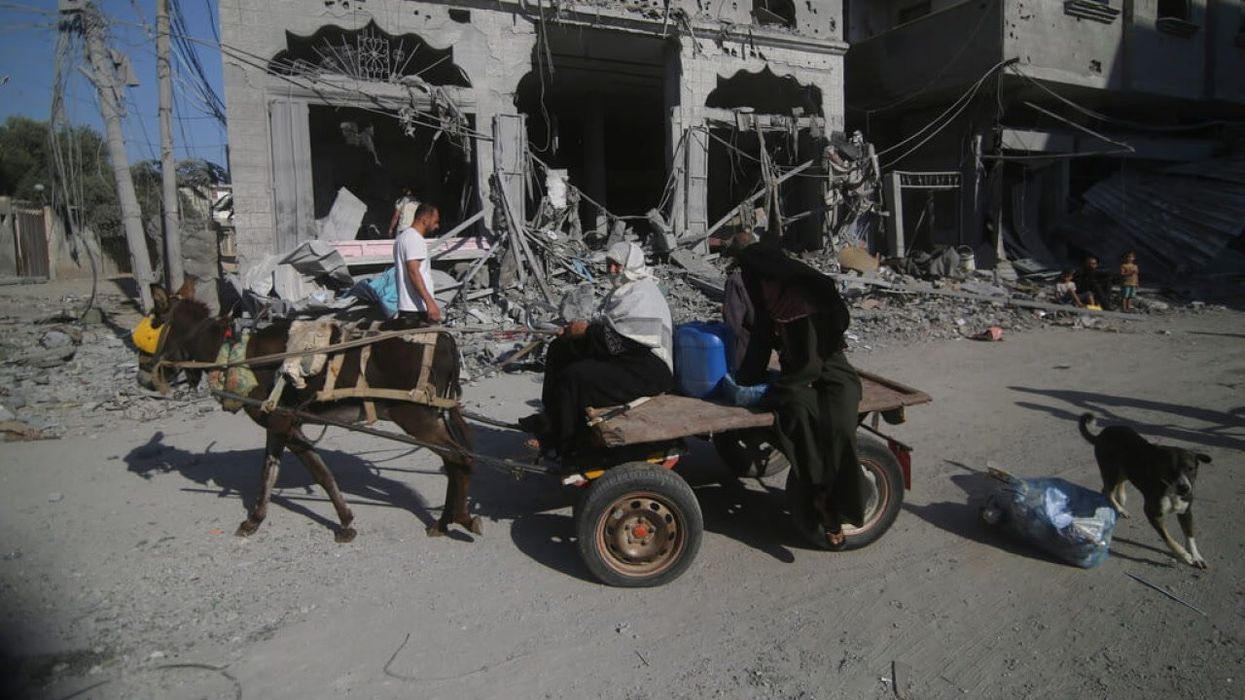Israel has been accused of using white phosphorus in Gaza and Lebanon, in its fight against Hamas, but the country has said it is not aware of the use of these weapons.
Human Rights Watch has made the claim, following an analysis of video of the conflict and said the alleged use of the substance puts civilians at serious risk and said it therefore breaks international law obligations to take precautions to not harm civilians.
Human Rights Watch also interviewed two people who described an attack in Gaza, the rights group said.
“Any time that white phosphorus is used in crowded civilian areas, it poses a high risk of excruciating burns and lifelong suffering,” Lama Fakih, HRW’s director for the Middle East and North Africa, said in a statement on Wednesday.
“White phosphorus is unlawfully indiscriminate when airburst in populated urban areas, where it can burn down houses and cause egregious harm to civilians.”
Israel should ban all use of “airburst” white phosphorus munitions in populated areas without exception, the rights group said, noting the availability of non-lethal alternatives.
White phosphorus is used to generate smokescreens, mark targets and incinerate enemy targets.
It can cause bone-deep burns resulting in death or lifelong injuries.
While the use of the substance in warzones is not banned outright under international law, use near civilians is prohibited under the United Nations Convention on Conventional Weapons, to which Israel is not a signatory.
Israel’s military was quoted by the Reuters news agency as saying it was “currently not aware of the use of weapons containing white phosphorus in Gaza”.
A spokesman for the Israeli Defence Force also told The Telegraph: “We are currently not aware of the use of weapons containing white phosphorus in Gaza. Any use of weapons containing white phosphorus is subject to international law restrictions.”
Israel's military in 2013 said it was phasing out white phosphorus smokescreen munitions used during its 2008-2009 offensive in Gaza, which drew war crimes allegations from various rights groups.
Sign up to our free Indy100 weekly newsletter
Have your say in our news democracy. Click the upvote icon at the top of the page to help raise this article through the indy100 rankings.














